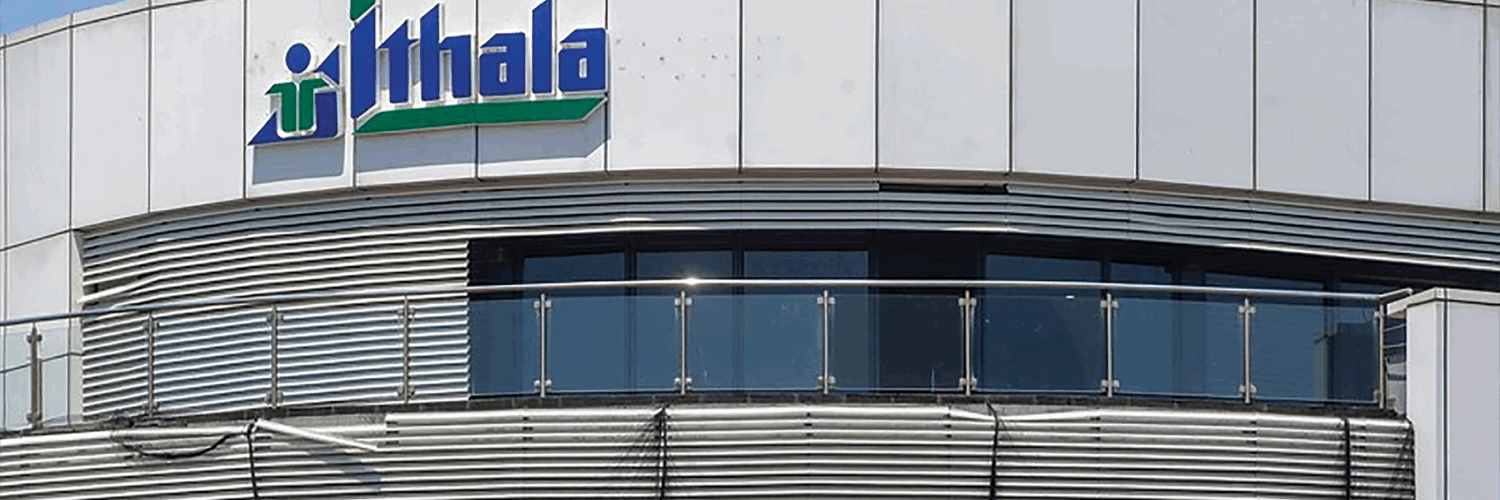REPRIEVE: Judge rules that Reserve Bank-appointed administrator had no right to take over the bank’s operational and day-to-day management…
By Lehlohonolo Lehana
The Pietermaritzburg High Court has ruled that the state-owned financial institution Ithala bank can resume with its core business operations.
This comes after the bank’s fight to survive liquidation by the South African Reserve Bank’s (SARB) Prudential Authority (PA).
Ithala SOC is a licensed financial services company and registered credit provider wholly owned by the KwaZulu-Natal provincial government. On 16 January 2025, the Prudential Authority (PA) released a statement saying it had filed papers in the Pietermaritzburg High Court for Ithala’s provisional liquidation.
The banking regulator said it believed this action is in the best interests of Ithala’s approximately 257 000 depositors, as the appointed liquidator will be able to recover and distribute their funds to the extent possible. It said the Reserve Bank had appointed a Repayment Administrator (RA) responsible for repaying deposits, which the Pretoria High Court confirmed in December 2023.
“The Repayment Administrator, appointed by the SARB, has established that Ithala is technically and legally insolvent, exposing depositors to potential loss of their deposits or parts thereof,” the regulator said. Moreover, Ithala did not provide sufficient capital commitments or secure a legally binding renewal of the guarantee over its deposits from its shareholder, the provincial government of KwaZulu-Natal.
Since Ithala was never a registered bank, this left many wondering why it was allowed to take deposits. The SARB clarified that, even though Ithala had never been registered as a bank, it had been permitted to operate a bank’s business through various exemptions.
In a judgment earlier today, Judge Muzi Ncube ruled that Johannes Kruger, SARB’s appointed Repayment Administrator (RA), had no right to take over the operational and day-to-day management of Ithala.
Judge Ncube further clarified that Kruger was prohibited from taking over the human resource, treasury, marketing, finance, and any other operational functions of Ithala. Since his appointment, the RA had also commissioned independent forensic accountants to assess Ithala’s solvency and liquidity.
Their report found that Ithala was technically insolvent, meaning its liabilities exceeded its assets. Specifically, Ithala’s liabilities amount to R2.79 billion, while its total assets stood at R2.35 billion, resulting in a shortfall of R441.63 million.
The PA had previously reported that, between 31 March 2008 and 31 March 2024, Ithala had incurred losses totalling R520 million. At the start of May, Finance Minister Enoch Godongwana also approved a R2 billion guarantee to protect the funds of Ithala’s depositors. Ithala holds around R2.5 billion in deposits.
The bank was founded by the late former Inkatha Freedom Party president Mangosuthu Buthelezi during the times of the KwaZulu government in 1952 with an intention to assist with economic development and empowerment in the province.
However, its journey took a sharp turn in the early 2000s, as the bank faced a series of challenges that brought it to the brink of collapse, according to a report in Daily News. Its crisis stemmed from poor governance, misplaced risk-taking, and the eventual effort to salvage the bank.
Earlier this year, President Cyril Ramaphosa authorised the Special Investigating Unit to probe the alleged corruption and fraudulent activities at Ithala.
The probe was mandated to, among others, investigate whether proper channels were followed when the bank awarded a R34 million tender to IT company Tech Mahindra in 2017. According to its website, Tech Mahindra listed itself as a “global consulting service and system integrator that operates in over 90+ countries”.
The Prudential Authority has argued in court papers that Ithala’s exemption to operate without a banking licence expired in 2023. The bank struggled for over a decade to secure a permanent banking licence owing to issues relating to non-compliance.
The Daily News, through well-placed sources, learnt that some former and current high-ranking Ithala officials had colluded with government leaders, some traditional leaders, in the alleged milking of the bank for decades.
Daily News reported it had also seen a report penned with intimate details about the corrupt activities that had taken place behind closed doors at Ithala. The report listed several people, including prominent businessmen, politicians and traditional leaders of allegedly being in cahoots in a bid to destroy the bank.
In return, the report alleged that some of the implicated businessmen would then buy Ithala’s assets if the entity was liquidated and its assets auctioned. Without naming anyone, Premier Thamsanqa Ntuli mentioned during a press conference later that he was aware that the crisis at Ithala was a result of corruption, which also involved politicians.
He vowed to move “heaven and earth” in a bid to save Ithala. The province had joined in the court case, supporting Ithala Bank against the Prudential Authority’s legal attempt to liquidate the bank. Ntuli had argued that the collapse of Ithala would be a “blow” to the people of KZN, particularly the downtrodden.
Ithala Bank’s early success lay in its mandate to provide financial services to communities in KZN, targeting the black community, who were unable to get business or home loans from commercial banks.
The bank started as a vehicle for promoting economic empowerment, providing loans to individuals, small businesses, and cooperatives often excluded from mainstream financial systems.
Over time, Ithala expanded its offerings, including home loans, vehicle finance, and various savings accounts. By the 1990s, ahead of the country’s first democratic elections in 1994, the bank’s reputation had grown. The number of customers turning to it for their financial needs surged.
However, the seeds of the crisis began to sow in the early 2000s when the bank’s management was embroiled in allegations of corruption. At the time, a banking expert told Daily News that Ithala’s downfall included granting loans to businesses that were struggling and individuals who had limited creditworthiness. “When these loans started to go into default, Ithala found itself grappling with an increasing number of bad debts,” the expert told Daily News.
To save the bank, the expert suggested that the government should reshuffle leadership, enforce improved risk management, and make overhaul operational changes. – Fullview, additional reporting by Daily News





























